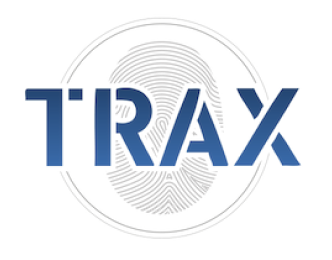Compliance
What is compliance?
It is the respect of requirements, directives and legislative, regulatory, formal or ethical provisions. It is the ability to document the process that makes this possible. Compliance helps to preserve the confidence of stakeholders (economic players, regulators, customers, public opinion).
Why being compliant?
It is a proof of anticipation, mastery of its activity, maturity and proactivity. Compliance helps neutralize risks as well as their operational and financial impacts (degradation of assets, penalties and fines, integrity of reputation and brand image, operating losses, commercial sanctions)
Being 100% compliant is not realistic
Compliance must be gradual and built over time. It is a path of excellence, more than a goal to be achieved.


Compliance supports
- Laws: Sapin II Law, General Data Protection Regulation, Military Programming Law, Financial Security Law, Sarbanes-Oxley Law,
- Sector regulations: Solvency, Basel, CRBF 9702, HDS, CFR21 / FDA,
- Market rules: Global and contractual expectations,
- Local and international standards: NF, CE, ISO,
- Market standards and best practices: Business continuity, operating losses, ITIL, COBIT,
- Ethical rules: Establish and maintain the conditions of trust.
